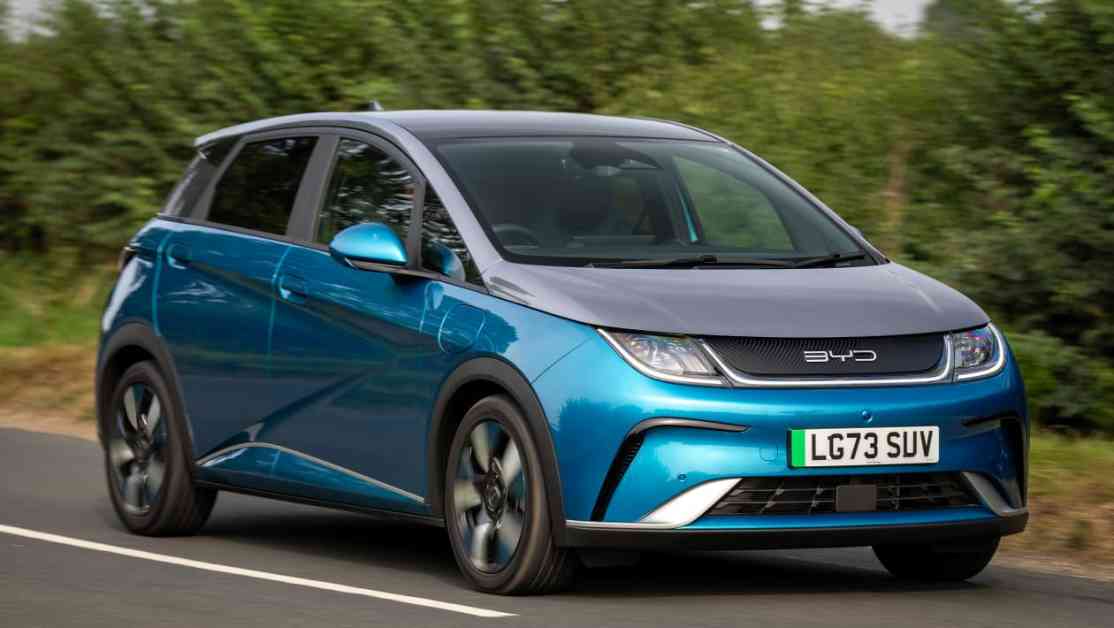The European Union has decided to engage in discussions with China regarding the proposed tariffs on Chinese electric vehicles, potentially imposing a 48% import charge on certain models. This decision comes after the EU completed an investigation into the influx of inexpensive electric cars from China and what they perceive as unjust subsidization by the Chinese government. Following a productive phone call between leaders of both nations, they have agreed to commence full negotiations on the matter.
Initial research indicated that the artificially low prices of Chinese electric vehicles could harm EU Battery Electric Vehicle (BEV) producers economically. In response, the EU threatened Chinese manufacturers with significant import duties based on the level of subsidies they receive from the Chinese government. This could result in certain brands facing higher taxes, with SAIC, the owner of MG and Maxus, potentially facing a substantial 48% tariff on their EU imports, a significant increase from the current 10% duty.
Professor Peter Wells from Cardiff University expressed concerns that these tariffs would likely be passed on to consumers, potentially leading to higher prices for electric cars in the European market. He also suggested that this could give European manufacturers the opportunity to charge more than they would in a more competitive environment, ultimately impacting consumers.
While China criticized the EU’s plans as an act of protectionism, the EU emphasized the importance of effectively addressing what they deem as injurious subsidization through any negotiated outcome. If a compromise cannot be reached between the EU and China, the new tariffs are set to take effect on July 4th. Although the UK is not obligated to match the EU’s tariffs post-Brexit, Professor Wells highlighted the vulnerability of the UK on this issue due to tariffs imposed by both the EU and the US, as well as other barriers to market entry for Chinese companies and vehicles produced in China by non-Chinese firms.
The potential impact of these tariffs on Chinese electric vehicles raises questions about their necessity and effectiveness. As discussions continue between the EU and China, the outcome of these negotiations will significantly influence the future of electric vehicle imports and the automotive market as a whole. Stay tuned for updates on this developing story.










